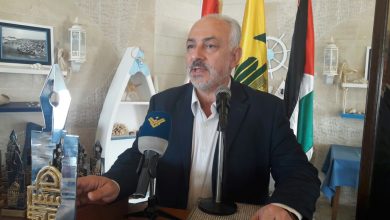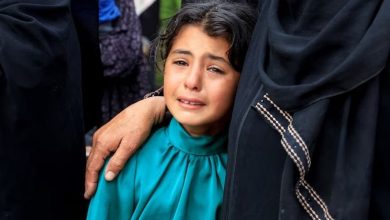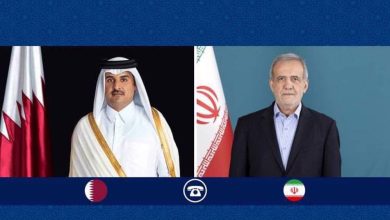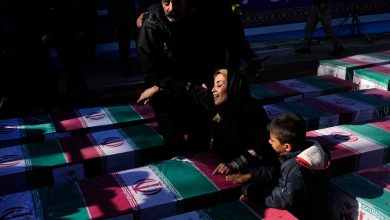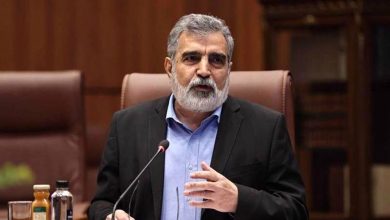Iran starts feeding gas into 1000s new centrifuges after IAEA resolution
The Atomic Energy Organization of Iran has announced the commencement of uranium gas injection into its advanced centrifuges. This move follows a recent resolution passed by the Board of Governors of the United Nations' nuclear watchdog, which was critical of Tehran's nuclear activities.
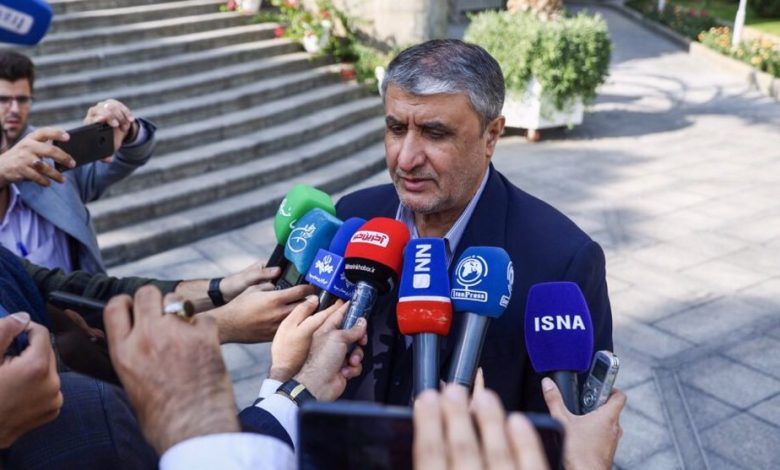
The Atomic Energy Organization of Iran (AEOI) has announced the commencement of uranium gas injection into its advanced centrifuges. This development follows a recent resolution passed by the Board of Governors of the United Nations nuclear agency that was critical of Tehran.
Mohammad Eslami, speaking to reporters at a weekly cabinet meeting on Wednesday, announced that gas has been introduced into several thousand advanced centrifuges, marking their operational commencement. This move is part of broader initiatives aimed at advancing the country’s nuclear program.
He emphasized that the nation’s peaceful nuclear initiative remains transparent and operates under the supervision of the International Atomic Energy Agency (IAEA).
Eslami stated that the Islamic Republic of Iran consistently supports diplomatic engagement, yet remains resolute against any attempts of coercion, pressure, or actions deemed unlawful by opposing parties.
Iran’s nuclear chief has issued a warning, stating that any accusations leveled against Tehran could have adverse consequences.
Eslami stated to reporters that Iran’s nuclear program is entirely transparent and aimed at peaceful objectives. He warned that should other parties choose to ignore the aims of the Joint Comprehensive Plan of Action (JCPOA) and their own commitments by exerting unilateral pressure through accusations, such actions would lead to repercussions that could negatively impact those initiating such measures.
The objectives set forth are explicit, with both quantitative and qualitative targets laid out transparently. Progress is being steadily achieved, with anticipated outcomes materializing as planned. These advancements are expected to have a tangible impact on the lives of citizens.
Eslami emphasized that Iran’s nuclear activities remain under the strict oversight of the International Atomic Energy Agency (IAEA) and are in compliance with both the Safeguards Agreement and the Non-Proliferation Treaty (NPT).
The head of the Atomic Energy Organization of Iran (AEOI) has stated that certain allegations against the country, dating back two decades, were orchestrated with the involvement of anti-Iran factions and services to exert pressure on the Islamic Republic. However, these claims were subsequently found to be unfounded and fabricated.
The statement followed Foreign Minister Abbas Araghchi’s announcement that Iran plans to activate thousands of domestically produced advanced centrifuges. This move comes as a countermeasure to a recent Western-supported resolution by the United Nations nuclear agency criticizing the country.
Iran has announced plans to activate thousands of its advanced centrifuges as a countermeasure following the recent resolution adopted by the International Atomic Energy Agency (IAEA) Board of Governors. This development comes after the resolution, which was supported by the United States and submitted by the United Kingdom, France, and Germany, was passed on Friday. Iranian Deputy Foreign Minister Abbas Araghchi conveyed the country’s intent to proceed with the escalation in response to the IAEA’s actions.
Iran had previously cautioned that it would swiftly retaliate against any resolution targeting its peaceful nuclear initiatives.
In 2015, Iran demonstrated the non-military intent of its nuclear program by entering into the Joint Comprehensive Plan of Action (JCPOA) with six major global powers.
Washington’s decision to unilaterally withdraw from the agreement in 2018, followed by the reimplementation of sanctions on Tehran, has cast uncertainty over the deal’s future.
In 2019, Iran began to retract its compliance with the restrictions established by the Joint Comprehensive Plan of Action (JCPOA), citing the inability of other signatory nations to fulfill their obligations.



